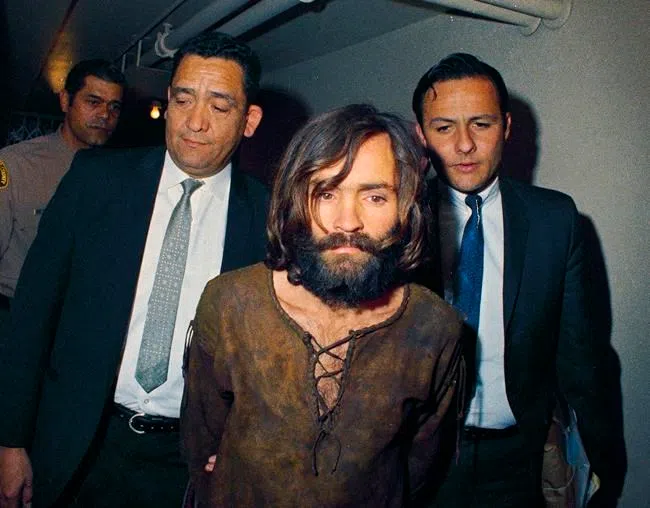
Charles Manson’s purported sons could be out of estate fight
LOS ANGELES — One of the purported sons of Charles Manson could soon be out of the legal battle over the late cult leader’s estate after failing to show up in court.
Matthew Lentz, who claims he was fathered by Manson at a 1967 orgy, looked disheveled and frazzled when he arrived Tuesday at Los Angeles Superior Court after the brief hearing concluded in the probate case of the late cult leader. Another supposed son, Michael Brunner, filed papers to drop his claims as an alleged heir to the convicted murderer.
If the two drop out, it would pit a purported grandson against a pen pal who has filed a will that names him as sole beneficiary to the potentially lucrative estate.
At least three people claiming kinship to the killer and two so-called murderabilia collectors who befriended the inmate have emerged in the court fight since Manson, 83, died in a hospital in November while serving a life sentence for orchestrating the 1969 killings of pregnant actress Sharon Tate and eight others.
